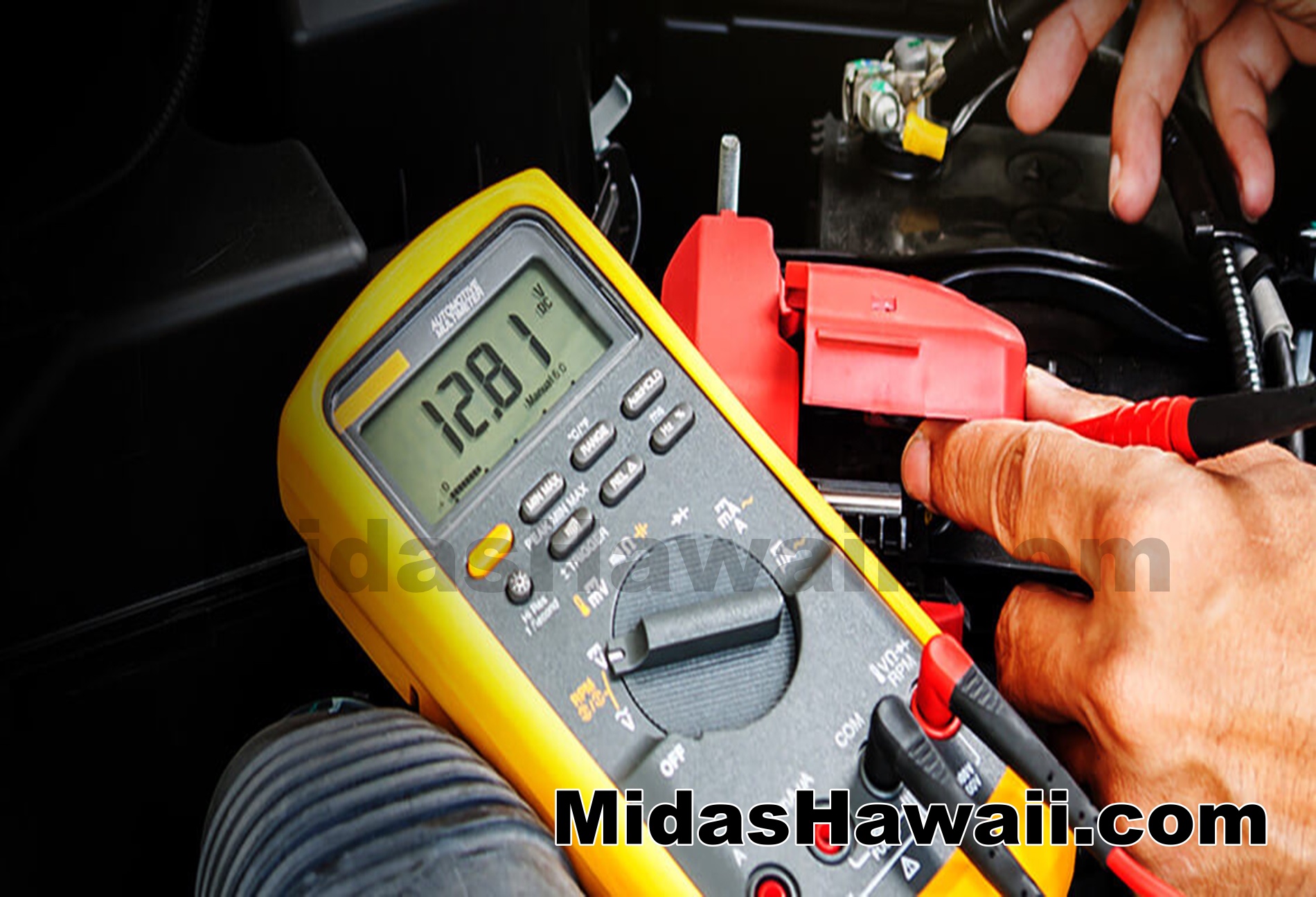Alternator Starter Repair Replacement
- Tweet
Back to the top
FAQ LEGEND
Back to the top
Alternators & Starters Questions
A. Most drivers don't think about alternators and starters until their vehicle suddenly won't start. The relationship between these two parts is pretty straight forward: The starter relies on the battery, the alternator relies on the starter (skipping some steps), and the battery relies on the alternator.
At Midas, our experts know how to get your car back up and running. If your battery is healthy, we perform tests of your starting system components including the alternator, starter, and other possibilities like the ignition switch and drive belts. Then we explain your vehicle's condition and present a written estimate before making repairs.
A. The alternator (named after alternating current) ensures that your vehicle's battery-powered components (such as the lights and accessories) are supplied with voltage and keeps the battery charged for the next ride.
A. Here are some common symptoms of a bad alternator:
- Indicator light going on: This also includes the battery light.
- Weak or dimming lights, especially noticeable at night: An alternator problem is especially likely if the lights brighten with an increase in RPM.
- Other electrical malfunctions: The alternator generates power for a vehicle's electrical systems.
- Strange noises: A problem with an alternator's belt or pulley may cause a squealing sound, while a problem with an alternator's internal bearings may cause a grinding or growling noise.
- A burning smell: This may indicate a problem with the alternator's belt or pulley.
- A healthy battery that cannot accept or hold a charge: Always have your "dead" battery tested before replacing it. A faulty alternator could be failing to recharge the battery during operation.
Related:
A. What your car starter actually starts is the combustion process of your engine. You turn or push your ignition, and the battery sends voltage to the starter. By activating a gear connected to the crankshaft, the starter motor turns the engine over. The rapid clicking sound many associate with a dead battery is actually the starter relay failing under insufficient voltage from the battery. Like the alternator, an evaluation of your starter begins by testing the voltage of your battery.
A. There is no industry-standard replacement cycle for a car starter, and you may never need to replace your original part. But here are some signs that your starter needs to be replaced:
- The engine won't turn over, especially if you hear a loud click instead (and your battery is healthy).
- The engine doesn't crank consistently (and your battery is healthy).
- The starter grinds for your entire drive (the starter fails to turn off).
ref no:34710
Please send questions about this website to webmaster
Terms of Use / Legal Disclaimer / Privacy Statement
Site Designed and Managed by MacBusiness Consulting

